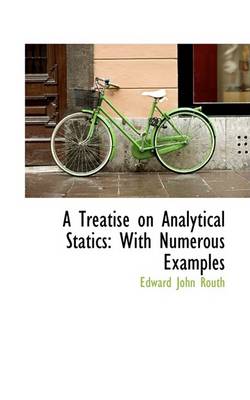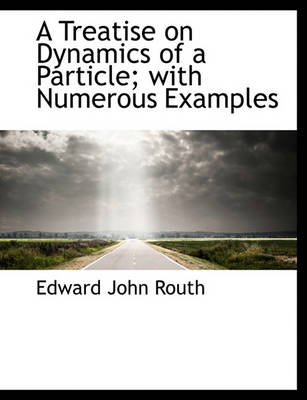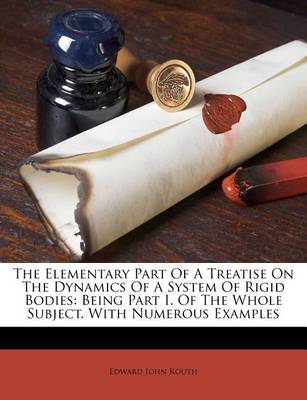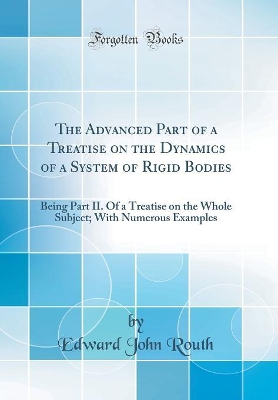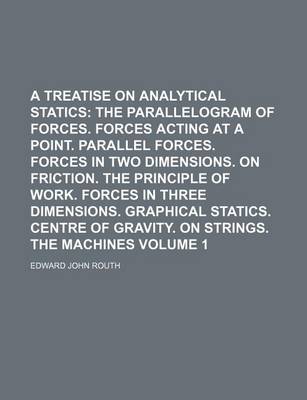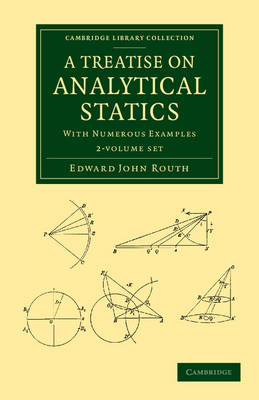Cambridge Library Collection - Mathematics
1 primary work • 7 total works
Volume 1
A Treatise on Dynamics of a Particle; With Numerous Examples
by Edward John Routh
The Elementary Part of a Treatise on the Dynamics of a System of Rigid Bodies
by Edward John Routh
The Advanced Part of a Treatise on the Dynamics of a System of Rigid Bodies
by Edward John Routh
